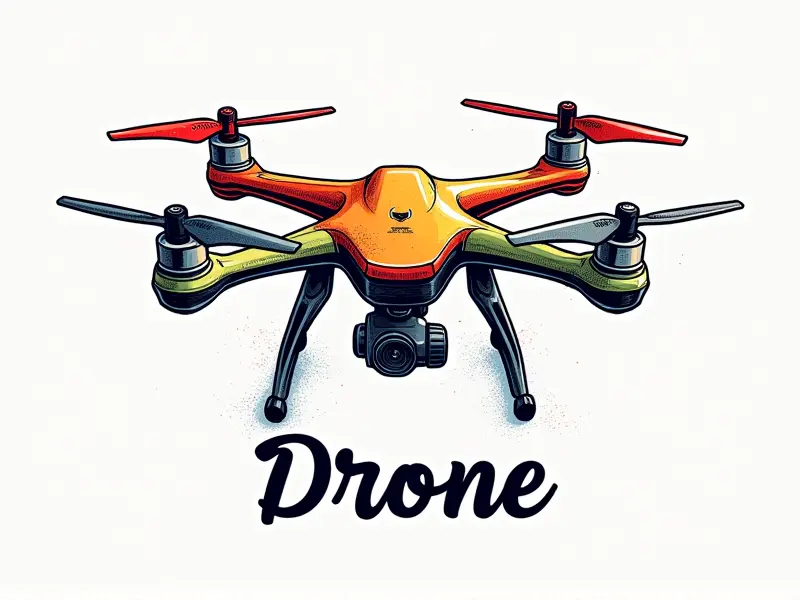What is cycle life in batteries?

Understanding Battery Cycle Life
Battery cycle life is a critical metric for anyone who relies on rechargeable batteries, particularly in the realm of RC aircraft and drones. It refers to the number of charge-discharge cycles a battery can endure before its capacity drops below 80% of its original value. This article delves into what exactly constitutes a battery cycle, how it affects performance over time, and strategies for maximizing your battery's longevity.
Maximizing Battery Cycle Life
To extend the life of your batteries, several best practices should be followed:
- Avoid Deep Discharge: Batteries should not be discharged below 30% capacity to prevent damage and reduce cycle count.
- Store Properly: Store batteries at room temperature when they are fully charged or around 50-60% charge level. Avoid extreme temperatures, as this can degrade battery life.
- Use Quality Chargers: Invest in high-quality chargers that provide accurate charging and prevent overcharging.
How Many Cycles Do Batteries Last?
The number of cycles a battery lasts depends on several factors, including the type of battery (LiPo, NiMH, etc.), its capacity, and how it is used. Generally:
- Lithium Polymer (LiPo) Batteries: Typically last between 200 to 500 cycles.
- Nickel-Metal Hydride (NiMH) Batteries: Can endure around 300-1,000 cycles.
Extending Your Drone's Battery Life
To prolong the battery life of your drone, consider these tips:
- Optimize Flight Patterns: Plan efficient flight paths to reduce energy consumption.
- Maintain Weight Balance: Ensure that your drone is properly balanced and not overloaded with unnecessary equipment.
Tips for Prolonging RC Aircraft Battery Lifespan
Batteries in RC aircraft can be particularly challenging to maintain due to the high demands of flight. Here are some additional tips:
- Monitor Voltage: Keep an eye on battery voltage during use and avoid letting it drop too low.
- Avoid Overcharging: Use a smart charger that stops charging once the battery is full to prevent overcharging.
Common Mistakes That Shorten RC Quadcopter Battery Life
Making certain mistakes can significantly reduce your quadcopter's battery life. Here are some common errors:
- Flying in Extreme Conditions: Operating batteries in very hot or cold environments can drastically shorten their lifespan.
- Inadequate Storage: Storing batteries improperly, such as leaving them fully charged for extended periods, can degrade performance.
Best Practices for Maintaining FPV Racing Drone Batteries
FPV racing drones require high-performance batteries that can withstand intense use. Here are some best practices:
- Use High-Quality Batteries: Invest in reputable brands known for their durability and performance.
- Monitor Battery Health: Regularly check the battery's condition to ensure it is performing optimally.
How Temperature Affects RC Aircraft Battery Lifespan
Temperature plays a significant role in how long your batteries will last. Extreme heat can cause rapid degradation, while cold temperatures may temporarily reduce capacity:
- Heat: High temperatures accelerate the chemical reactions inside the battery, leading to faster aging.
- Cold: Cold weather can make it harder for batteries to deliver full power and shorten their operational life when used in cold conditions.
Choosing the Right Battery for Your RC Helicopter
Selecting the appropriate battery is crucial for optimal performance. Consider these factors:
- Battery Capacity: Choose a capacity that matches your helicopter's power requirements and flight time needs.
- Type of Battery: LiPo batteries are generally preferred due to their high energy density and lightweight construction.
Maximizing Flight Time with Efficient Batteries
To maximize the flight time of your RC aircraft, focus on battery efficiency. Here’s how:
- Select High-Capacity Batteries: Higher capacity batteries can provide longer flight times.
- Optimize Power Consumption: Reduce unnecessary power usage by adjusting settings and optimizing flight patterns.
The Impact of Frequent Charging on Drone Batteries
Frequent charging, especially without proper intervals between charges, can negatively impact battery life. Here’s what you need to know:
- Charge Intervals: Allow batteries to rest for a period after each use before recharging.
- Avoid Partial Charging Cycles: Try to fully charge and discharge the battery rather than performing partial cycles.
Conclusion
Understanding and managing battery cycle life is essential for maximizing the performance and longevity of your RC aircraft and drones. By following best practices such as avoiding deep discharges, storing batteries properly, and using quality chargers, you can significantly extend the lifespan of your batteries. Additionally, being mindful of temperature effects and choosing the right type of battery for your specific needs will further enhance your flying experience.

